I wince when I hear how a person needs to "go on a run" so he or she can "burn off the dessert." "Going on a run" for most translates to as much as an hour or so of slow jogging, either on a treadmill or around the local area. I can get behind the idea of being outdoors and getting the blood pumping, but the unrealized truth of the matter is that an hour of jogging burns less calories than the amount in a typical breakfast for most Americans. And in fact, not only is low-intensity jogging not the best way to lose fat, but it's more likely to cause injury, impose muscle loss, and it's not even the best choice for heart health. Whether your goal is to cut down some body fat, or live longer, long-distance is likely a waste of your time.
Running Causes Injuries
An epidemiological study on running injuries reports that runners are at between a 37% and 56% risk for having a running-related injury within a given year (1). An earlier study of 3,000 recreational and competitive runners even showed runners are at a 60% risk of getting injured in general (2). I know if someone told me I was at a 60% risk of getting injured if I were to partake in a given exercise, I'd probably take a pass.
Running consists of repeated impact loads to the muscles and joints throughout the body, ramping up inflammation, and generally leading to some kind of serious injury that makes any sort of exercise impossible for some time. Often, serious runners are training multiple times a week, never really letting the related inflammation subside. On top of that, chronic inflammation is agreed to be the most direct cause of aging and disease out there (see previous blog post!).
Muscle Breakdown
When exercising for long durations (as in low-intensity, long distance running), the energy stores in your muscles (glycogen) become depleted, and your body looks for energy anywhere it can find it. Unfortunately, this energy may come from places you don't want it to, like your own muscle.
For most people who are living on a carbohydrate (glucose) based metabolism, the body is even more likely to break down muscle into the preferred energy source, glucose.
What’s also ironic is that it takes more calories to sustain muscle then it does fat cells, and so losing muscle actually slows down your metabolism and makes you burn less calories in a given day. Additionally, the loss of muscle means decreased insulin sensitivity and a correspondingly increased susceptibility to metabolic diseases like diabetes.
And decreased muscle mass means even more likelihood of getting injured! Sounds like a lose-lose-lose situation in these respects...
Aerobic "Cardio" Exercise and Heart Health
But what about running for a healthy heart? Most people believe that aerobic exercise is the best exercise for a healthy heart and for health in general. But what does the term aerobic exercise actually imply?
Well it basically means you're only tapping your aerobic metabolism, and your intensity is not high enough to make your body access full metabolism in your muscle cells.
Think of electrical conduits that only need to get electricity to a small group of people (in this case energy to your muscles). This would imply only a small group of generators are required to create the energy, and small inefficient power lines can be used just fine. This is low-intensity exercise. However, what if this same electrical line is now required to fuel a huge city? Suddenly a whole new system of delivering electrical power is required, along with a more robust and efficient delivery system as well (even if for a short time, like in high-intensity exercises).
This is analogous to what happens in high intensity exercise, where aerobic metabolism and anaerobic metabolism are tested to their full capacity. In fact, the way glucose metabolism works is that glucose must go through anaerobic metabolism to get to the aerobic pathway in the muscle cells, so it’s not possible to only trigger aerobic metabolism without the other. In a high intensity environment, the whole system is forced to work more efficiently, and your heart becomes better at delivering nutrient-rich blood to your muscle cells too!
Conclusion
We cause adaptations when we can tap into the “fight or flight” response of our body. We can do this effectively in high intensity exercises, but unfortunately many runners sink into a comfortable pace that they get used to, and this beneficial adaptation never comes. Running can be beneficial with this concept in mind: our advice would be to try short intense sprints, with only a little recovery time in between, rather than long steady-paced runs. Now let us know how much harder your heart’s working when you run in this fashion!
In Excellent Health,
Garrett & Luc


